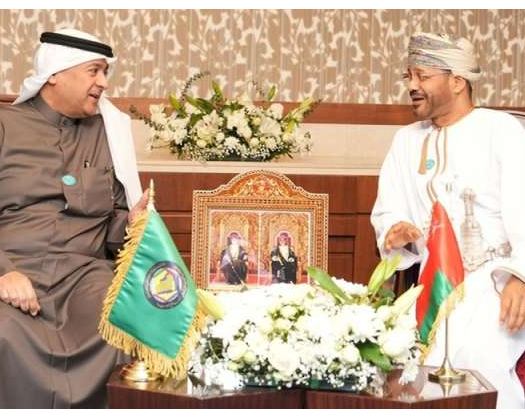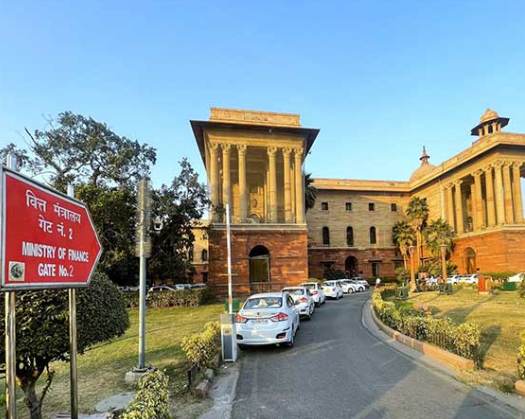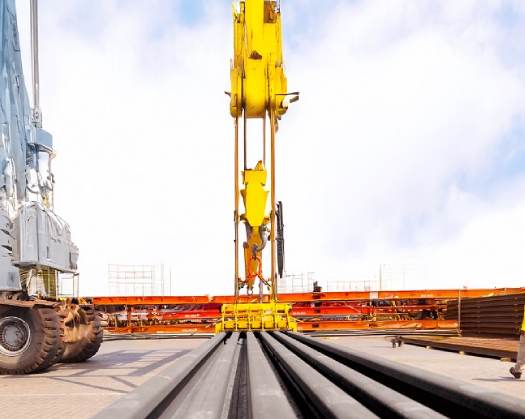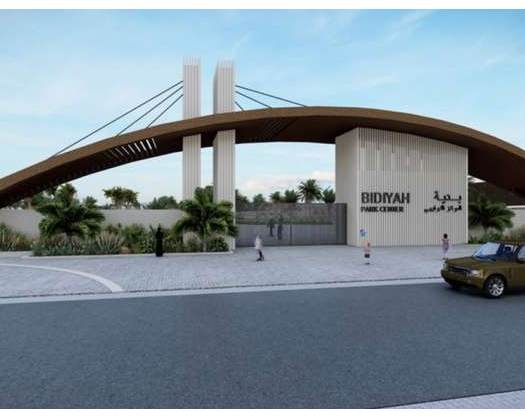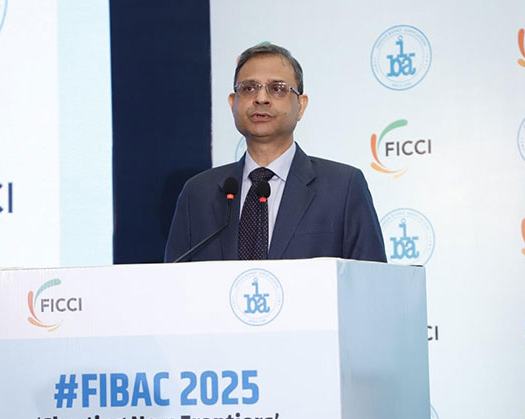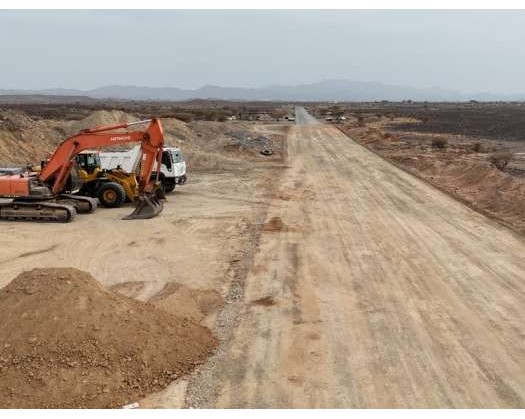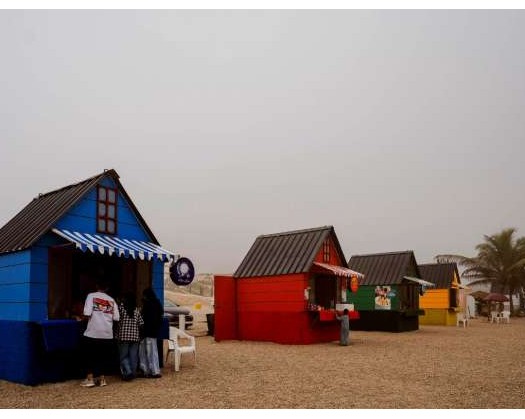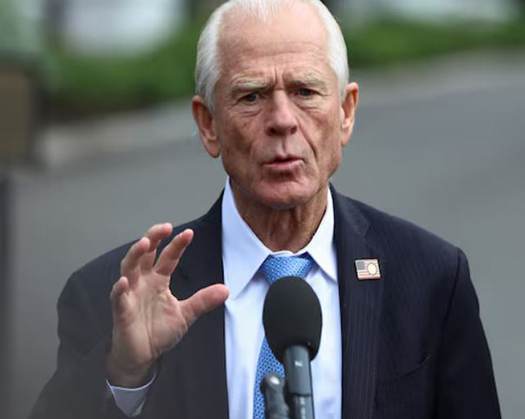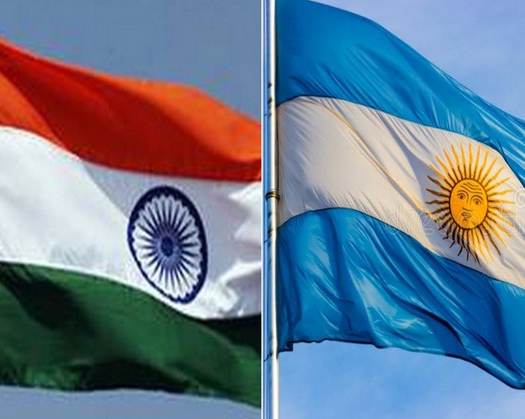Muscat: On Sunday, Sayyid Badr bin Hamad Al Busaidi, the Foreign Minister, conducted a series of bilateral discussions with several counterparts and officials from various countries, as well as regional and international organizations.
These discussions were aimed at fostering collaborative efforts and addressing mutual interests. They were held in conjunction with the 8th Indian Ocean Conference, which is being hosted by the Sultanate of Oman.
Among the participants were Dr. S. Jaishankar, India's Minister of External Affairs; Osman Saleh Mohammed, Eritrea's Minister of Foreign Affairs; Jassim bin Mohammed Al Budaiwi, Secretary General of the GCC; Hassan Ali Joho, Cabinet Secretary for Mining, Blue Economy, and Maritime Affairs of Kenya; Zhai Jun, the Chinese Government's Special Envoy to the Middle East; Dr. Erywan Yusof, Brunei Darussalam's Second Minister of Foreign Affairs; Dhananjay Ramful, Minister of Foreign Affairs, Regional Integration, and National Trade of Mauritius; and Youssef Mohamed Ali, Director of the Office of the President of the Union of the Comoros and Acting Minister of Defense.
The discussions focused on enhancing bilateral relations and cooperation across various sectors, including the blue economy, trade, energy, tourism, and education, as well as sustainable development and youth empowerment. Investment opportunities and the strengthening of economic partnerships were also key topics, with a particular emphasis on the development of infrastructure and the facilitation of collaboration between public and private sectors.
The Foreign Minister engaged in discussions with his counterparts regarding the regional and global challenges confronting the Indian Ocean area, such as maritime security, climate change, and collaborative initiatives aimed at strengthening regional stability. These meetings highlighted the significance of dialogue and diplomacy in fostering cooperation and addressing shared concerns.
In the course of the discussions, Sayyid Badr emphasized the Sultanate of Oman's commitment to enhancing collaboration with diverse nations and regional as well as international partners. This approach aims to promote sustainable development, bolster stability, and create new opportunities for cooperation that align with the mutual interests of all involved parties.

